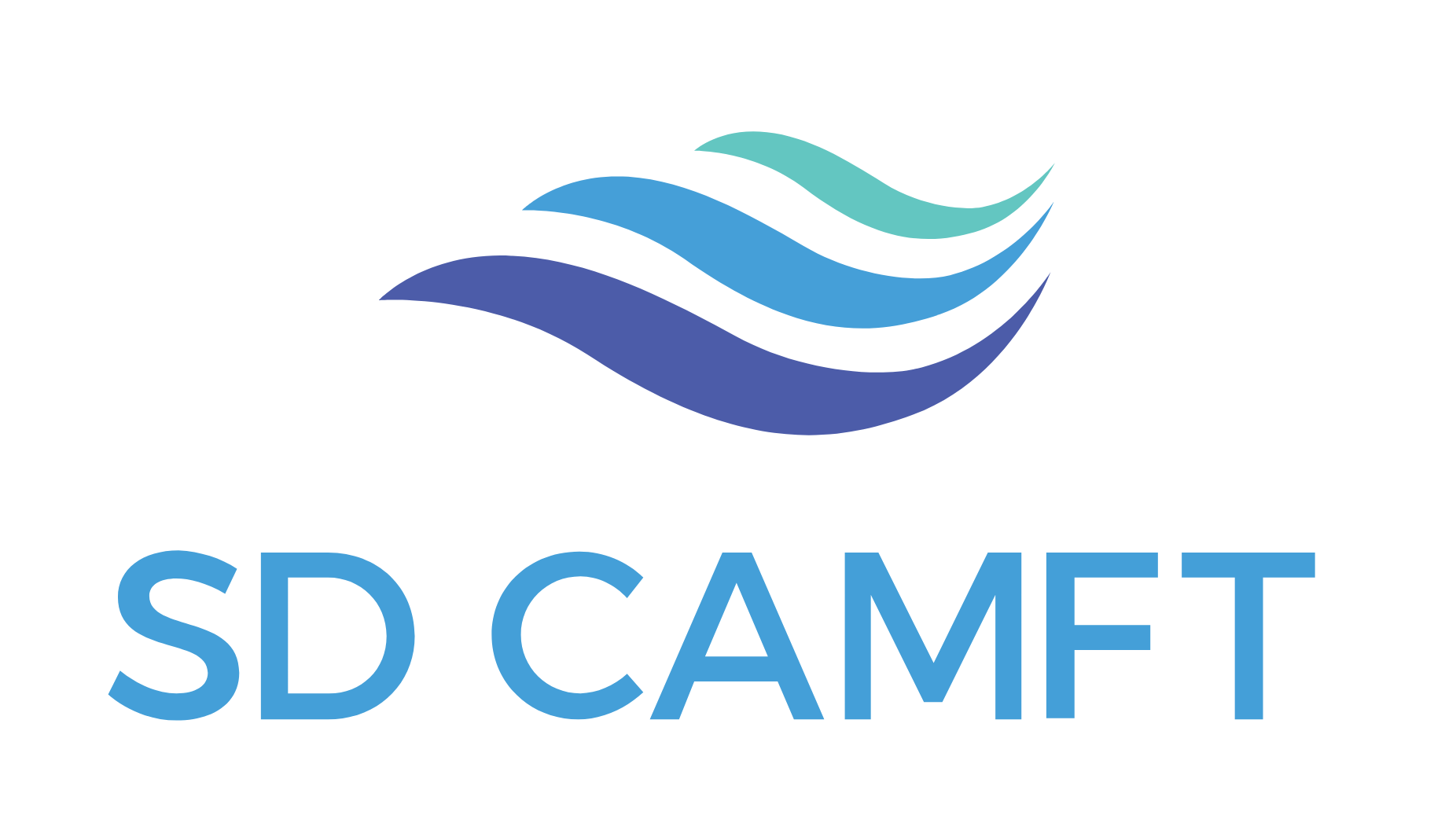|
A link to the webinar will be sent via email to registrants in their confirmation email. Note: This event will not be recorded and must be attended live.
The BBS requires 6 CEU credits in suicide prevention be completed before your next license renewal.
COURSE DESCRIPTION
Suicide is the most common psychological emergency that therapists will encounter, and it is on the rise. For mental health professionals with an active clinical practice, suicide is an occupational hazard that can be both emotionally and practically devastating. Recent research has identified suicide-specific therapies that are effective in treating both suicidal ideation and behavior. Most therapists are not aware of them nor have they been trained in them, so most suicidal clients do not receive these potentially lifesaving treatments.
This workshop will assist attendees to be able to identify the most important techniques/tools for assessing suicidal risk in clients and then apply effective evidence based therapies to allow them to practice to the standard of care. The workshop will assist therapists to implement state of the art crisis interventions for suicidal clients. The presentation will also introduce and teach strategies to minimize the risk of successful lawsuits or sanctions in clinical practice.
This presentation meets the standards of education and training to all licensed mental health practitioners. The training will teach them how to implement validated, evidence based treatments meeting the professional standard of care. This workshop is facilitated by a licensed clinical Psychologist, researcher and suicidologist recognized as an international expert in the field of suicidal treatment. This workshop has been approved to meet the requirements by all the professional mental health licensing boards for the required 6 hour mandated training for suicide.
EDUCATIONAL GOALS
This workshop will review, introduce, and teach ways for mental health professionals to identify, assess, treat, and help prevent suicide risk and behavior in their patients. This workshop will assist attendees to be able to identify the most important techniques/tools for assessing suicidal risk in clients and then apply effective evidence-based therapies to allow them to practice to the standard of care. The workshop will assist therapists to implement state of the art crisis interventions for suicidal clients. The presentation will also introduce and teach strategies to minimize the risk of successful lawsuits or sanctions in clinical practice.
LEARNING OBJECTIVES
- Identify and explain three important techniques and tools for assessing suicidal risk
- Name 3 to 5 innovative and effective suicide prevention therapy tools that assist clinicians in practicing to the standard of care for treatment of suicide
- Describe at least one strategy to minimize the risk of successful lawsuits or sanctions
- Identify 1 – 3 effective coping strategies for the emotional impact of working with clients who attempt suicide or actually commit suicide
- Implement at least one effective and state-of-the-art crisis intervention for suicidal patients
OUTLINE
1. Introduction – approximately 30 minutes
• Facts about suicide; Suicidal ideation and mental health during COVID19; Clinical practice and suicide; Implications of epidemiological data
2. Theory – approximately 30 minutes
• Our approach to suicide; The critical inner voice; Separation theory
3. Development of Risk – approximately 30 minutes
• Epigenetic studies; ACEs Study; Attachment; Anti-self system
10 – 15 minute break
4. How Suicide Occurs – approximately 30 minutes
• Three step theory of suicide; The biological model; The suicidal mode
5. Risk Factors and Warning Signs – approximately 30 minutes
• Health; Environmental; Historical; Talk; Behavior; Mood; Drug use; Protective factors
6. Assessment – approximately 30 minutes
• Interview; Children; Columbia Suicide Severity Scale; Interpersonal model of suicide; Measures; Multiple attempters
LUNCH – 1 hour
7. Safety Planning – approximately 30 minutes
• Crisis response plan; Virtual hope box app; Safety planning; Practice safety planning; Firearms and suicide
8. Practice Recommendations – approximately 30 minutes
• Summary of recommended standard care elements; Effective interventions; Practicing during COVID-19
9. Patient-Oriented Approaches to Working with Suicidal People – approximately 30 minutes
• The Aeschi Philosophy; Action vs. illness
10 – 15 minute break
10. Effective Brief Interventions – approximately 30 minutes
• Evidence based therapy elements; ASSIP; Therapist as secure base; CAMS; SSF IV; CBT for suicide; TAU vs BCBT; Findings
11. Additional Treatment Approaches – approximately 30 minutes
• DBT; Cognitive Therapy; EFT; Voice therapy; Self-compassion; Interpersonal neurobiology
12. Conclusion – approximately 30 minutes
• 6 probably standards of care for suicide risk assessment; Key points; Client perspective; Common emotions in suicide grief; Self-care and help seeking behavior
IN SPONSORSHIP WITH

|
TARGET AUDIENCE
This event is for mental health professionals.
COST
*Please note that pricing levels have increased due to extreme demand and the filling of all "early bird" slots.*
$60 for Chapter Members
$85 for Non-members
$50 for Students
$50 Affiliated Chapter Members (Code Required)
Refund/Cancellation Policy
Please visit our website: www.camft-sandiego.org
ACCOMODATIONS & GRIEVANCES
Please email the Education Chair at education@camft-sandiego.org
CERTIFICATES
Course Completion certificates will be awarded electronically in exchange for a completed evaluation form. Please make sure the Program Administrator has your correct email.
Course meets the qualifications for 6 hours of continuing education credit for LMFTs, LCSWs, LPCCs and LEPs as required by the California Board of Behavioral Sciences. Partial credit will not be awarded.
Participants must be present for the entire length of the workshop to be awarded credit. Participants will not be given CEU credit if they are more than 15 minutes late and/or do not stay for the entire length of the workshop.
This course is provided by the San Diego Chapter of the California association of marriage and family therapists (Provider #57330) is approved by the California association of marriage and family therapists to sponsor continuing education for LMFTs, LCSWs, LPCCs and LEPs. San Diego chapter of the California Association of Marriage and Family Therapists maintains responsibility for the program and all its content.
Please email the CEU Chair at ceuchair@camft-sandiego.org
|
